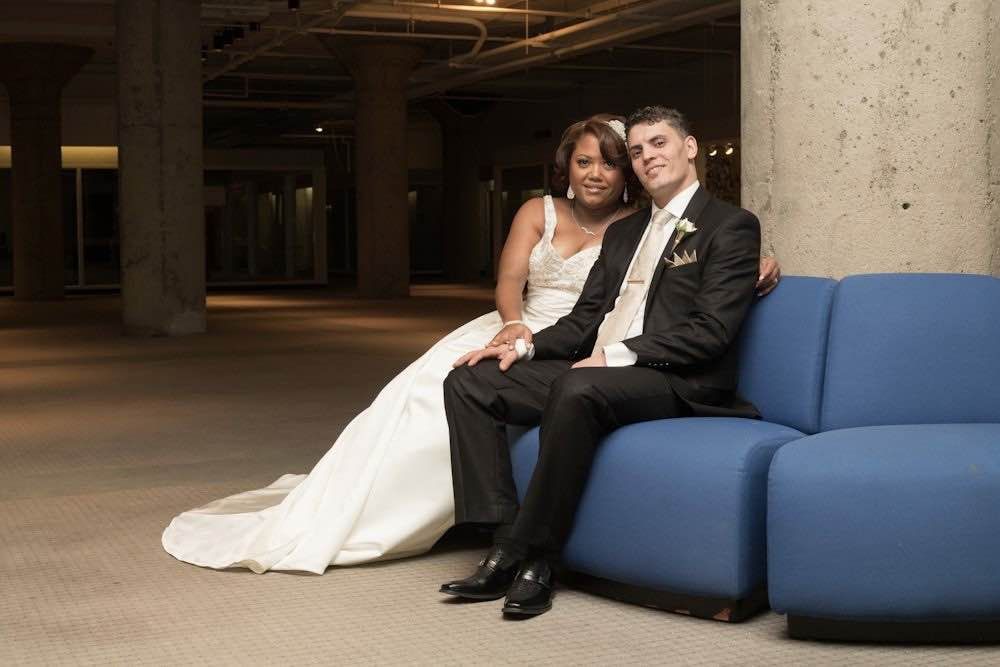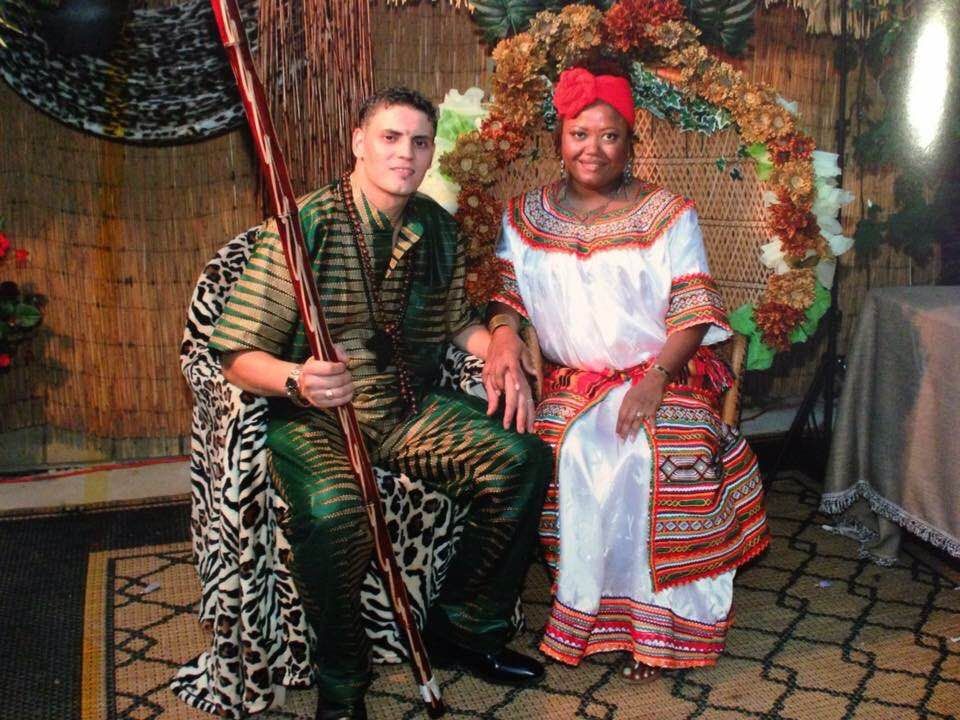Interracial relationships are becoming more common. Years ago they may have been viewed as a taboo or a controversial choice. With Cabrini’s demographic changing, society’s view on interacial couples seems to have shifted. However, two couples within the Cabrini community have proven that no matter their skin color, religion or cultural background, love wins.

The saying “love is the greatest gift of them all,” has been around for years. Love is celebrated around the world in ways such as Valentine’s Day and weddings. Although love is celebrated in many different ways, some have a hard time accepting different types of relationships.
A recent video made by the Ad Council entitled “Love has no Labels” shows couples of all types of race, gender, age, religion and disabilities being celebrated.
One group that has been largely discriminated against would be interracial couples. Up until 1967, interracial marriage was banned in most part of the United States.
Senior finance major John Baldi has been lucky enough to escape scrutiny from oth- ers about his relationship. He and his significant other, Megan Kelly, have been dating for six months now. One night on campus, Baldi had a cut above his eye and Kelly said she could help him due to her experience in boxing.
“My family has been very accepting [of my relationship],” Baldi said. “I feel like no one has given [us] any problems.” Baldi’s parents are also an interracial couple. His father is Italian and his mother is Indian. Although Baldi did not have any issues with his relationship, his father had issues with his own.
Baldi’s relationship with Kelly is not his first interracial relationship. In fact, he has never been with anyone other than Caucasians. Baldi said with all his other previous relationships, he has not had any issues with his family or society.
Since the years of the Supreme Court ruling to ban all anti-miscegenation laws, the percentage of interracial marriages has been increasing steadily. According to Pew Research Center, only 1 percent of relationships were interracial in 1970. By the year 2013 the percentage had increased to 6.3 percent.
Although Baldi’s relationship has not had any issues, he did offer advice to others who may not be having as easy of a time. “Work it out,” Baldi said. “If people are giving you a hard time because of race, they aren’t important.”
Said Hales, an Amazigh or Berber, is also a part of an interracial relationship with his wife Sharvon. The two met on OK Cupid in February of 2014. They were married in December of that year. Hales, like Baldi, has been fortunate enough to have a discrimination-free relationship.
“In Algeria, we don’t look at people as black or white, or this color or that color,” Hales said. “My wife, I see her as American, not African-American or black.” Hales said that many people he knows has married someone from America, Europe or other countries.

Hales’ family is very supportive of his relationship. “They think it is interesting to have someone from another culture in our family,” Hales said. “Where I am from, you are around other Berber people for most of your life unless you leave, so they see our marriage as a good thing!”
“My wife surprised me one day with a framed picture on the wall with all my family: my mom, my dad, my brothers, my sisters, my nieces, my nephews, everyone she can find. It’s like I have my family here in America,” Hales said. “My mom was so happy when I showed her. She said ‘If you married a Berber woman, she never ‘gonna do that!’’ One occasion for the Berber New Year, Hales and his wife went to a celebration by the Philadelphia Berber Association. She wore the traditional Berber dress, a La Robe Kabylie. She was dancing around with other Berber women and would say “Happy New Year” in Tamazight.
“It was like she was Berber all her life. Everyone was so happy to see her wearing the traditional Berber clothes,” Hales said. “A lot of Berber people marry Americans and don’t have this. It makes me love her even more.”
Hales also offers advice to others who may be in an interracial relationship. “Try, trust and give it a chance to have more time to know each other. For me, some people may not like you because you are not the same culture, but if they give you a chance before making a judgement, they are going to know you for who you are.”


